|
These are both common symptoms if someone sustains a concussion.
After a brain injury, our sensory systems can become overloaded and sensitive to both light and/or sound. As the brain is having to use energy to heal due to the concussion, it takes extra energy to process bright lights and loud noises. This is why complex environments (such as the mall, supermarkets, etc) that have bright lights and lots of noise can be overwhelming, because it overwhelms the brain and nervous system. As a result, people with concussion can become very fatigued as the body is trying to process so much all at once. If you are sensitive to light, try wearing sunglasses or a cap where you know there will be bright light, both indoors and outdoors as needed. You can also try coloured lenses, such as blue light glasses which at times can help with headaches. If you are sensitive to noise, try using earplugs or earmuffs/noise cancelling headphones to help reduce the intensity of sound in complex environments. Theses are switch stratergies which can help alleviate symptoms, however it is important that you are working with your therapy team to treat these symptoms. Such as vision exericises or desensitisation programmes for noise. What is your low hanging fruit?
Improving your health and working on recovery and rehabilitation means working on many areas of your life, often all at the same time. Some things are more complex and require a lot of time and investment and some things are easier to start working on, to get under control. Often working on these things first can help set you to be more successful in the long run, and have a positive effect on the more complex things you need to be working on. For example, if you are working on recovery from a concussion, some of your low hanging fruit may be the basics of managing your sleep, hydration, diet, stress, and daily routine. Getting these few things under control, will likely set you up to be more successful in other areas such as getting back to work, fitness, improving cognition, balance and vision. Everyone is on their own journey and has their own tree with their own fruit. You need to be aware of what your low hanging fruit are. Gain awareness of what these are, and work on getting them right and you may well find that some of higher pieces of fruit will fall into place. Stance phase of gait
When we work on standing on one leg or putting more weight through one leg that has contact with the ground, we improve our walking speed, step length, leg strength, balance and so much more! If you have poor balance and/or have some difficulty or reduced confidence when walking, chances are we will work on this in the clinic with you! Having strong, stable legs is key when wanting to improve your walking and balance. Improving stance phase of gait helps too:
Working on stance phase of gait allows to provide a solid stable leg to advance the other limb forwards and is a great place to start with improving walking ability. These two words seem to get used to describe the same thing, BUT they are two completely different things.
Motivation is a desire or willingness that comes and goes, its fleeting…… we can’t always magic up some motivation through choice. What we can do though is be disciplined. Discipline is an ACTION word. We can control this action, we can choose, we can train ourselves to be disciplined if willing. When thinking about our daily habits, and exercise routines, it takes both motivation and discipline. Motivation inspires us, and discipline gets the job done. If we get into a good routine, with good daily exercise habits, then we will be more disciplined. Having that discipline is vital for success when motivation starts to fade. The more we practice a daily habit, the less we have to consciously think about doing it, it comes naturally. Remember it takes up to 66 days to form a new habit – and get disciplined with something new. Don’t give up when you feel your motivation start to fade, keep taking small action steps each day, to discipline yourself to complete your exercise routine each day. You choose. People often say that they have been diagnosed with vertigo, when in fact they experience vertigo, which may be caused by an array of different underlying mechanisms.
A lot of us have had to spend a lot of time away from our normal exercise routines this year, including not getting to the gym to work on our muscle strength. Having just got back into the groove of getting those muscle pumping again, we are now in the throes of the holiday season and those muscles might be back on holiday mode again.
It's not all bad news though! Time away from the gym is not as detrimental to your muscles as you may think. This is because we have muscle memory!! This is our bodies ability to regain muscle strength again, quite quickly (!!) when we get back into the gym, and this occurs a lot faster than it took to initially gain the strength in the first place. When we lift weights our brain creates neural pathways, laying down a memory of this task. The muscle cells themselves develop genetic markers from the lifting to help muscle growth at a later time. So you have already laid down the foundations. When we return to lifting weights after time off, the brain dives into these saved muscle memories, instead of having to create new pathways. This helps the brain to more readily recruit and stimulate muscles and get them back into strength mode more quickly. So if you are having time off over the silly season, enjoy it, your amazing body has everything it needs to build those muscle back up again when you give it 100% in the new year Does this sound familiar?
We have clients, particularly those with concussion or vestibular conditions, who really struggle because you cannot "see" these conditions. These clients sometimes second guess themselves, and in turn start to question their own beliefs - you may have heard of the term "gaslighting". Gaslighting is a term that means "manipulating someone so as to make them question their own reality." In this instance, clients make them question themselves. It is SO important to understand that many conditions that people experience, physically AND mentally, that may be hidden to the human eye, are very REAL experiences. Just because you cannot see it, does not mean it doesn't exist. We cannot compare apples with oranges! Especially during this time of year, when there are many social occasions happening, remember that what you are experiencing is very real, no matter who tells you otherwise, and a gentle reminder to practice self-compassion. Only a few days until Xmas, which means lots of socialisation and connection with family and friends in coming weeks.
For many, the reality of this time of year is quite the opposite with social isolation, no connection and loneliness. Research studies on brain health and ageing, show that social interaction helps to promote the production of special proteins in our brains which reduce inflammation, protecting the brain from degeneration, and helps to support cognitive function. The benefits to the brain don’t just come with social interaction with peers of your own age – building a connection with someone of any age - your neighbours, grandkids, fitness instructor etc can help keep your brain strong. Also, if you know someone who may benefit from some human contact over the silly season – reach out to them – it doesn’t take much to put a smile on someone’s face with a quick visit to get those health brain proteins flowing. Ref: National Institute on Aging. (2020). Research suggests a positive correlation between social interaction and health. www.nia.hih.gov/about/living-long-well-21st-century "Off Switches" are techniques to help settle symptoms, such as dizziness, eye strain, brain fog and nausea. These symptoms are common when someone experiences a concussion. Everyone is different, with different symptoms, so it can take a little bit of trial and error until you find what works for you!
These are some simple techniques you can try to help settle your symptoms and help regulate your autonomic nervous system. We need to teach autonomic nervous system that it is safe, to help calm our symptoms. These techniques can bring us from the "fight and flight" feeling, to the "rest and relaxation" state. Please note that if you have a traumatic injury to the head that results in concussion, ensure your neck is clear of any fracture before adding compression in your neck! Things to try:
One simple, and often overlooked, tool that can help in more ways than one, is the infamous spikey ball.
We often tell our clients about the spikey ball and how it can help to reduce muscle tension, reduce pain, improve range of motion, improve our own awareness of our foot/leg/arm/hand and improve coordination, to name a few. Increased sensory input to the brain, which helps with somatosensory input, as well as proprioception. Myofascial release on the area that you use it, helping to reduce pain/tension and improve range of motion. Can improve coordination of foot/leg by practicing rolling in particular shapes/lines. |
�
Categories
All
Archives
July 2023
|
|
Contact Us
Give us a call or send us an email to find out how we can help you on your rehab journey Phone 09 424 3254 [email protected] Visit us 3/55 Karepiro Drive, Stanmore Bay, Whangaparaoa |
Cancellation Policy:
Out of courtesy to your therapist, and other clients who may be waiting for an appointment, please inform us of cancellations as soon as possible.
Cancellations Charges: Short notice cancellations within 48 hours of your appointment or reschedules will incur a late cancellation fee of 60%.
For block bookings, one session will be deducted for three cancelled appointments.
Please be aware that ACC does not cover all cancelled appointments.
How to Cancel Your Appointment
If you need to cancel your appointment, please call us at 09 424 3254 between the hours of 8am – 5pm. If necessary, you may leave a detailed voicemail message. We will return your call as soon as possible.
Late Cancellations/No-Shows
A cancellation is considered late when the appointment is cancelled less than 48 hours before the appointed time. A no-show is when a patient misses an appointment without cancelling. In either case, we will charge the patient a 60% missed appointment fee.
Out of courtesy to your therapist, and other clients who may be waiting for an appointment, please inform us of cancellations as soon as possible.
Cancellations Charges: Short notice cancellations within 48 hours of your appointment or reschedules will incur a late cancellation fee of 60%.
For block bookings, one session will be deducted for three cancelled appointments.
Please be aware that ACC does not cover all cancelled appointments.
How to Cancel Your Appointment
If you need to cancel your appointment, please call us at 09 424 3254 between the hours of 8am – 5pm. If necessary, you may leave a detailed voicemail message. We will return your call as soon as possible.
Late Cancellations/No-Shows
A cancellation is considered late when the appointment is cancelled less than 48 hours before the appointed time. A no-show is when a patient misses an appointment without cancelling. In either case, we will charge the patient a 60% missed appointment fee.

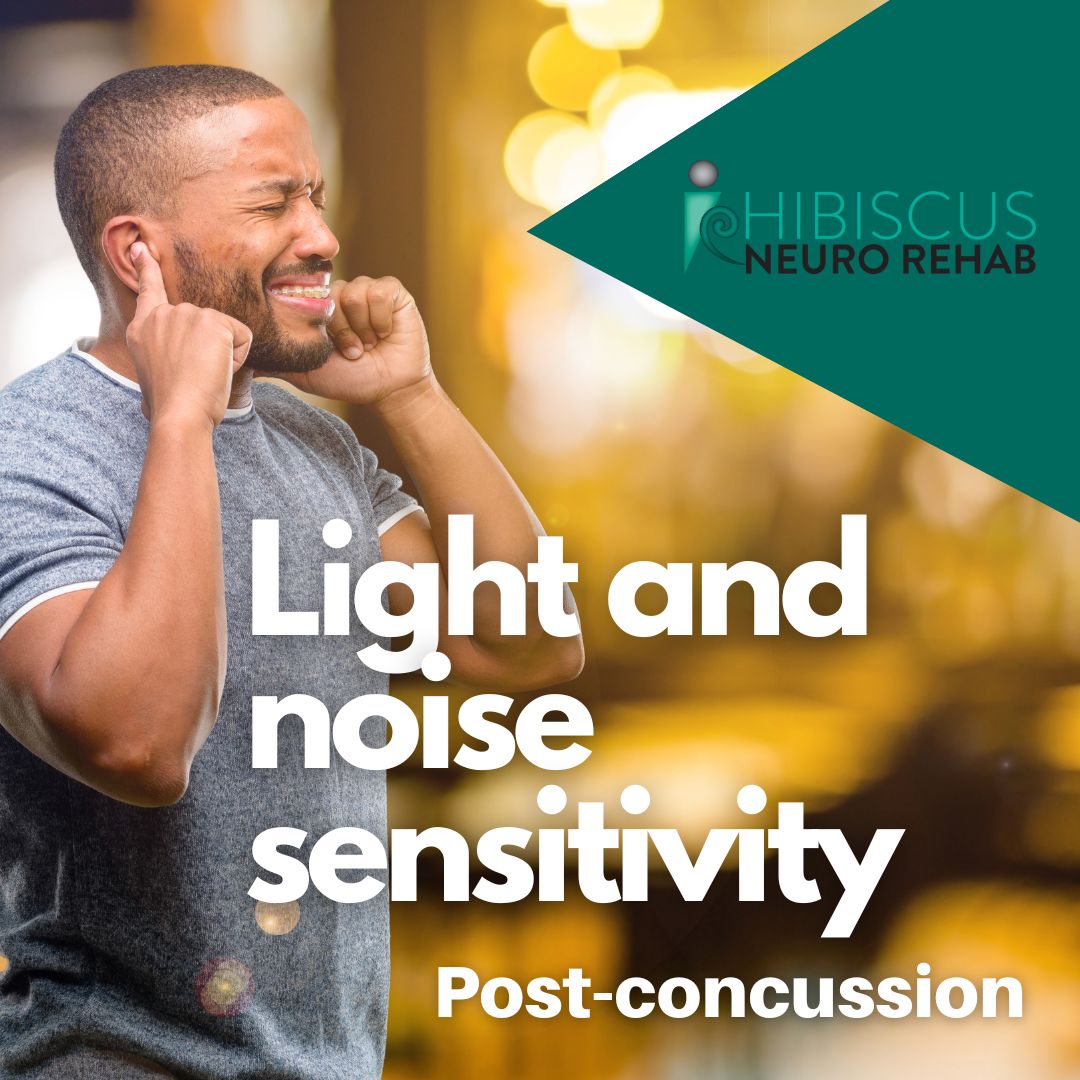
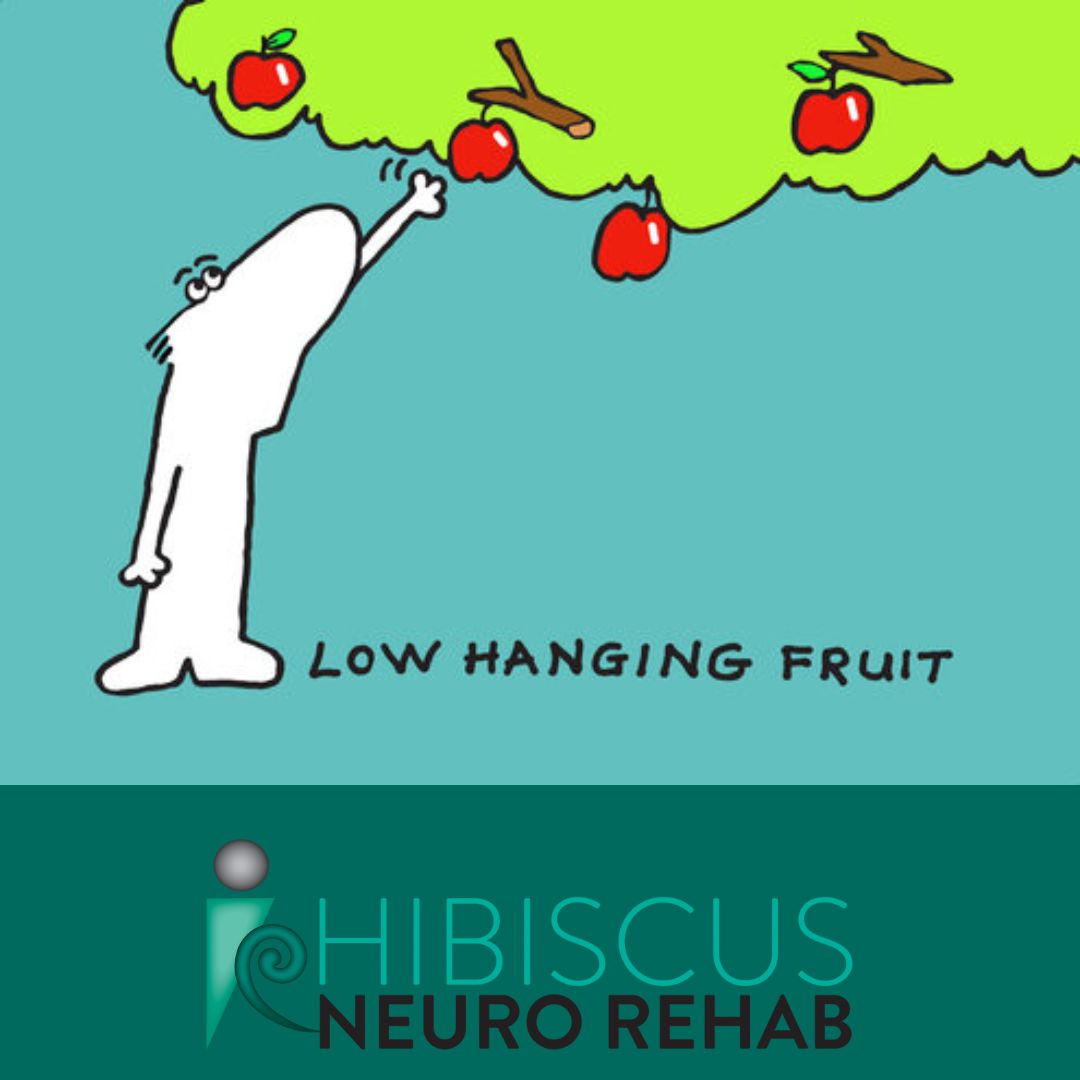
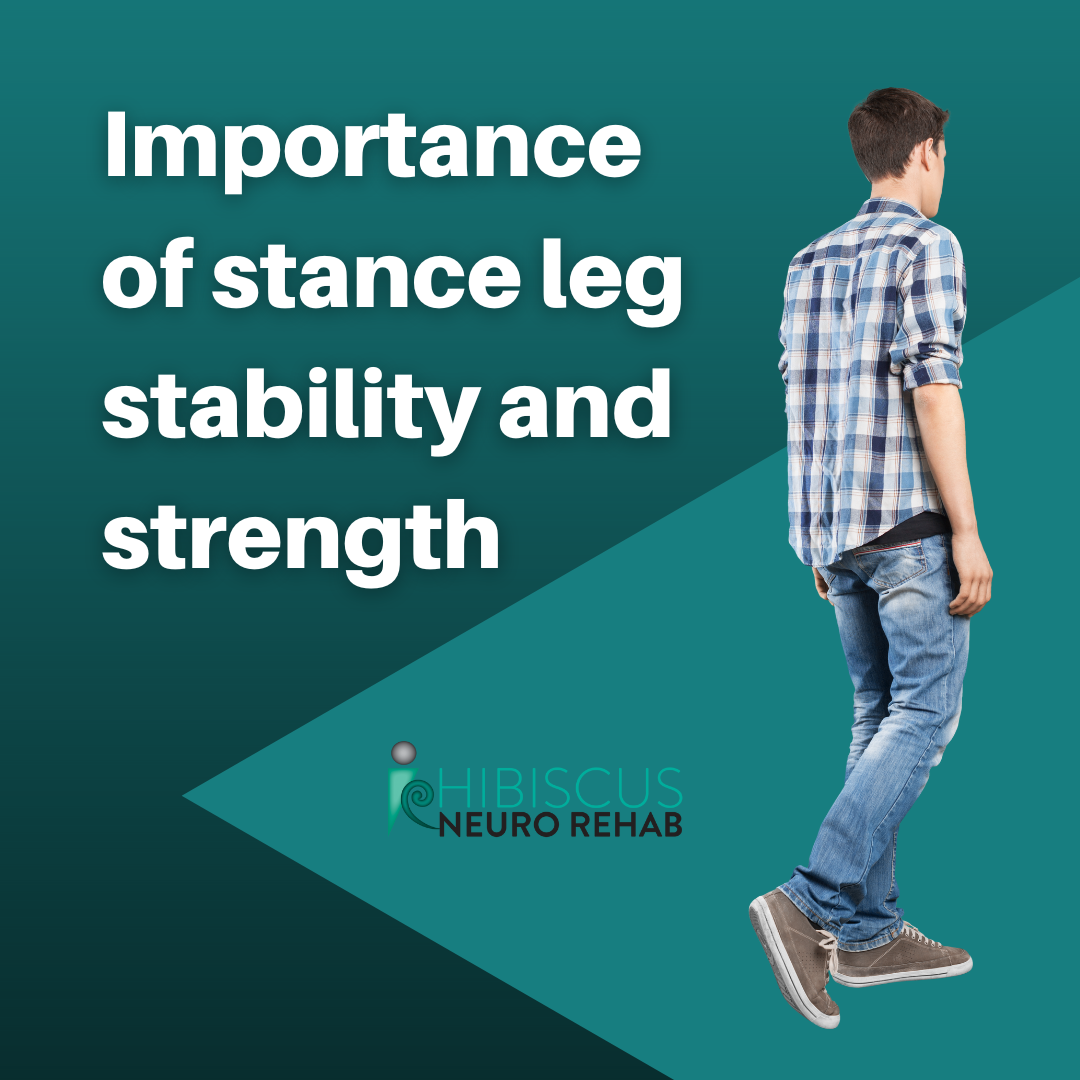
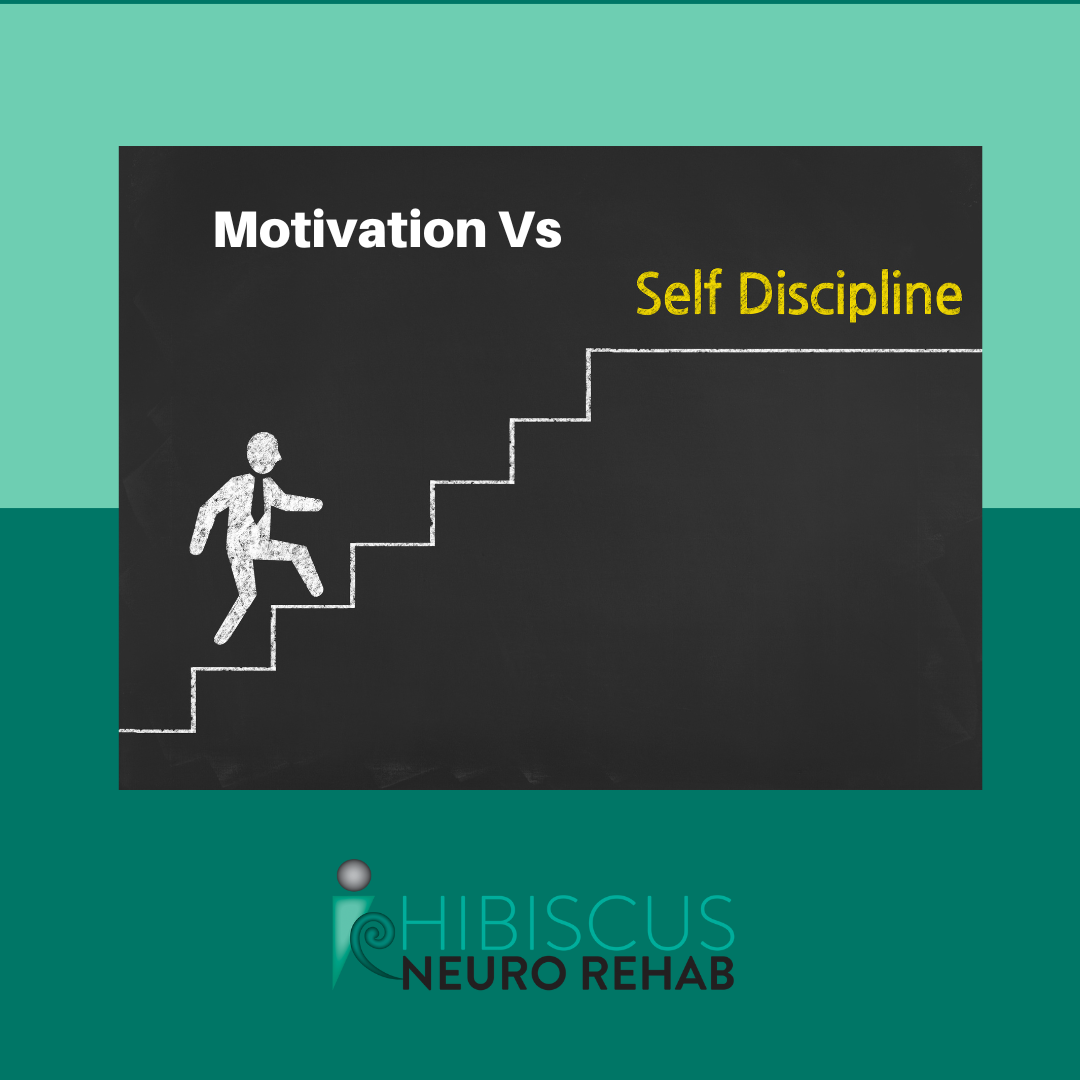
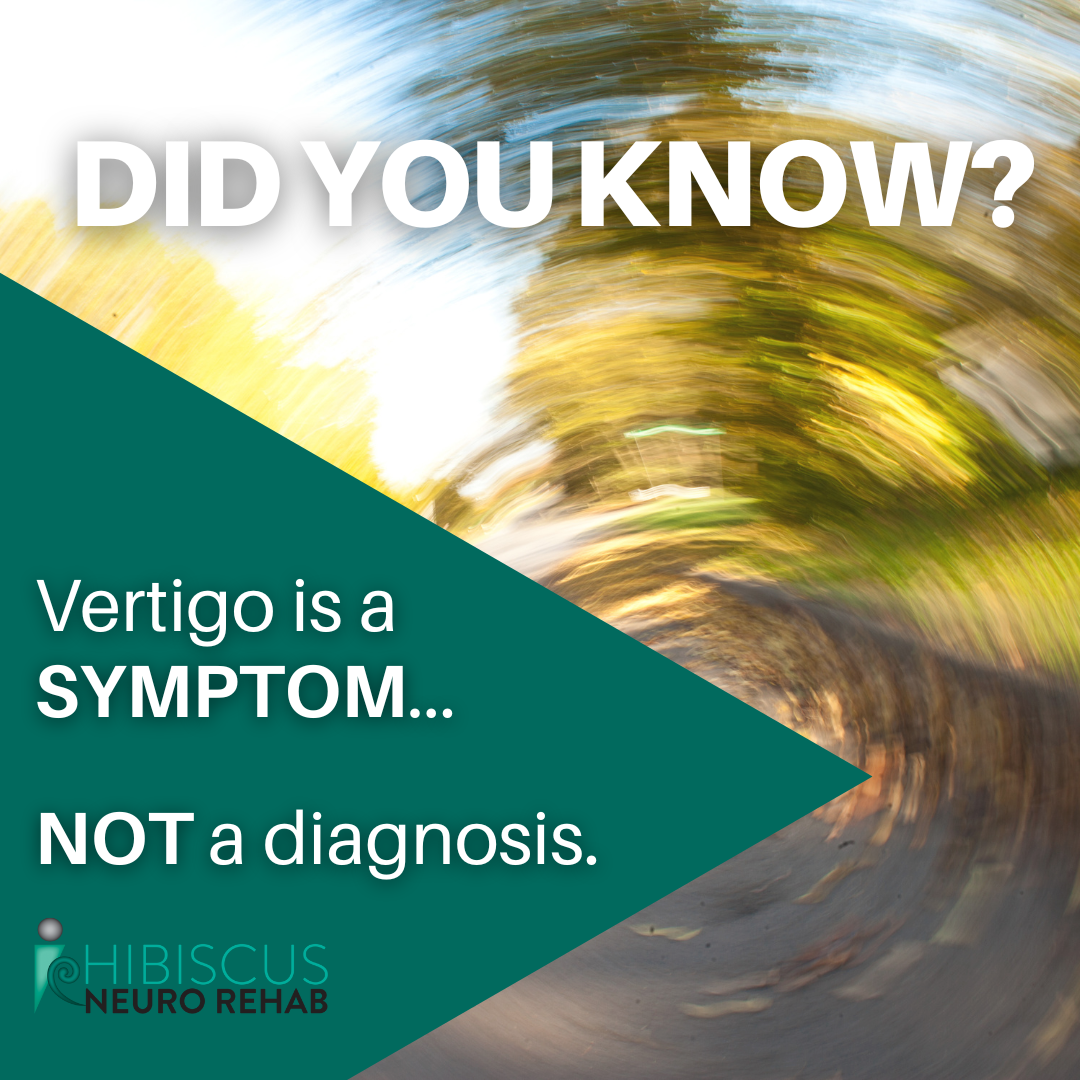
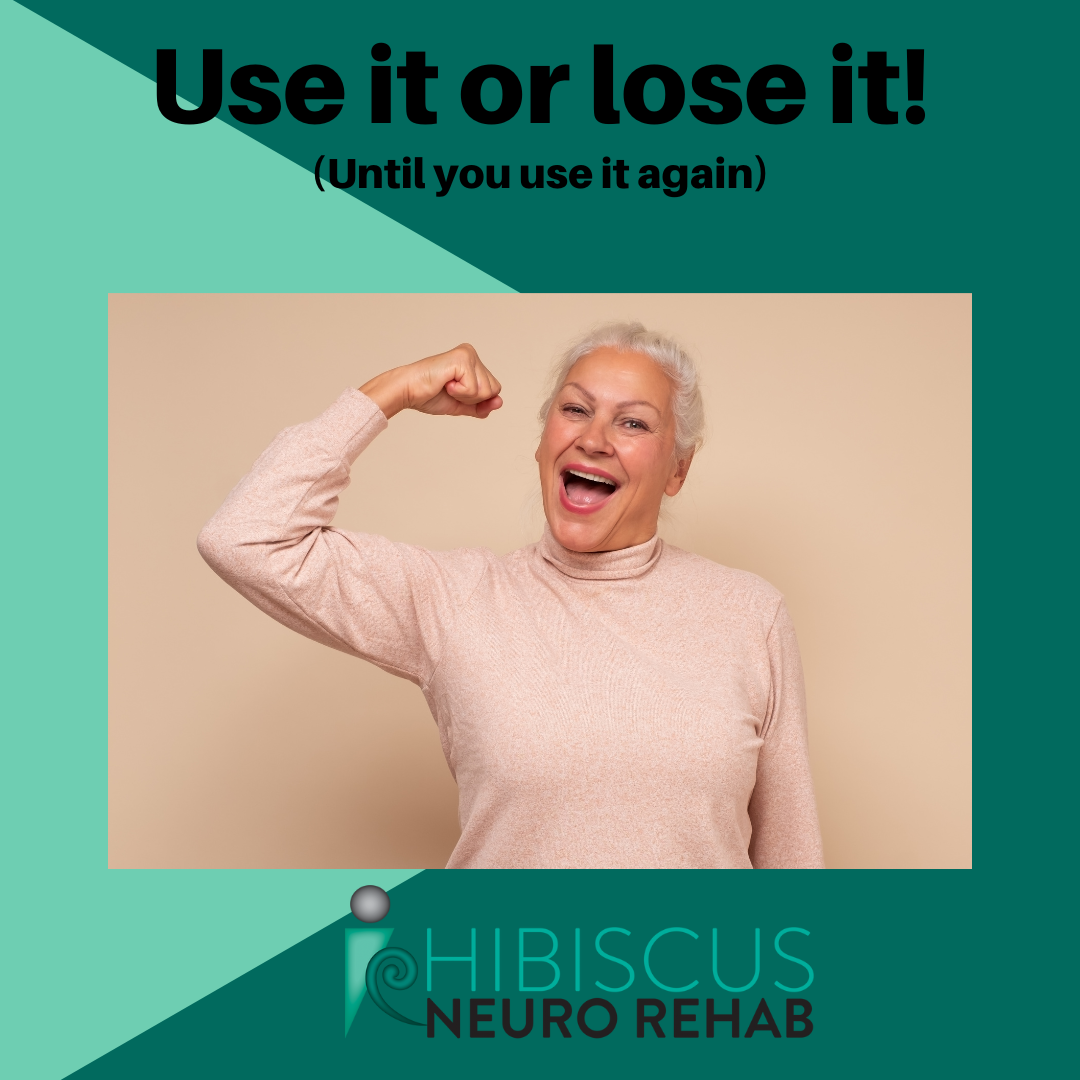
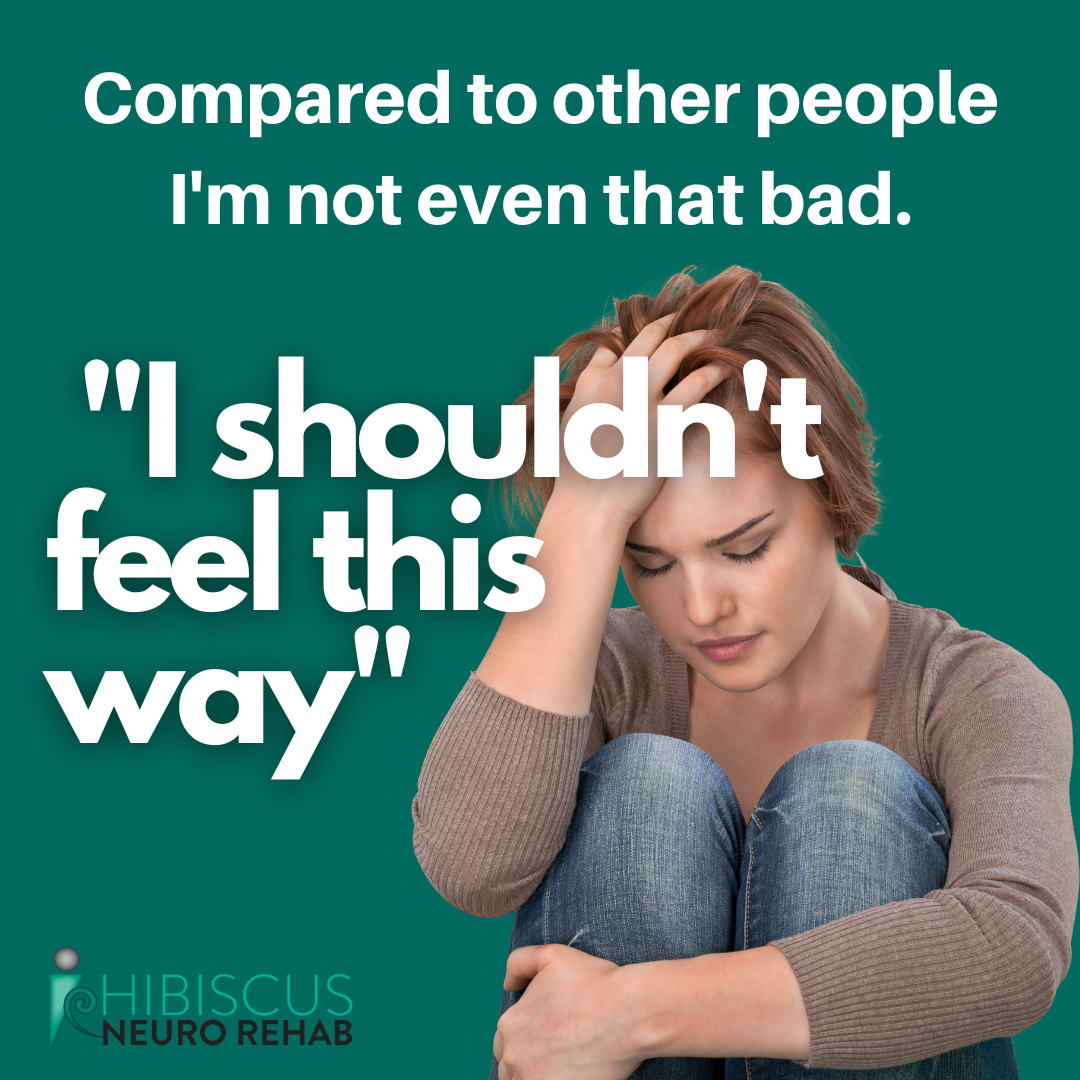
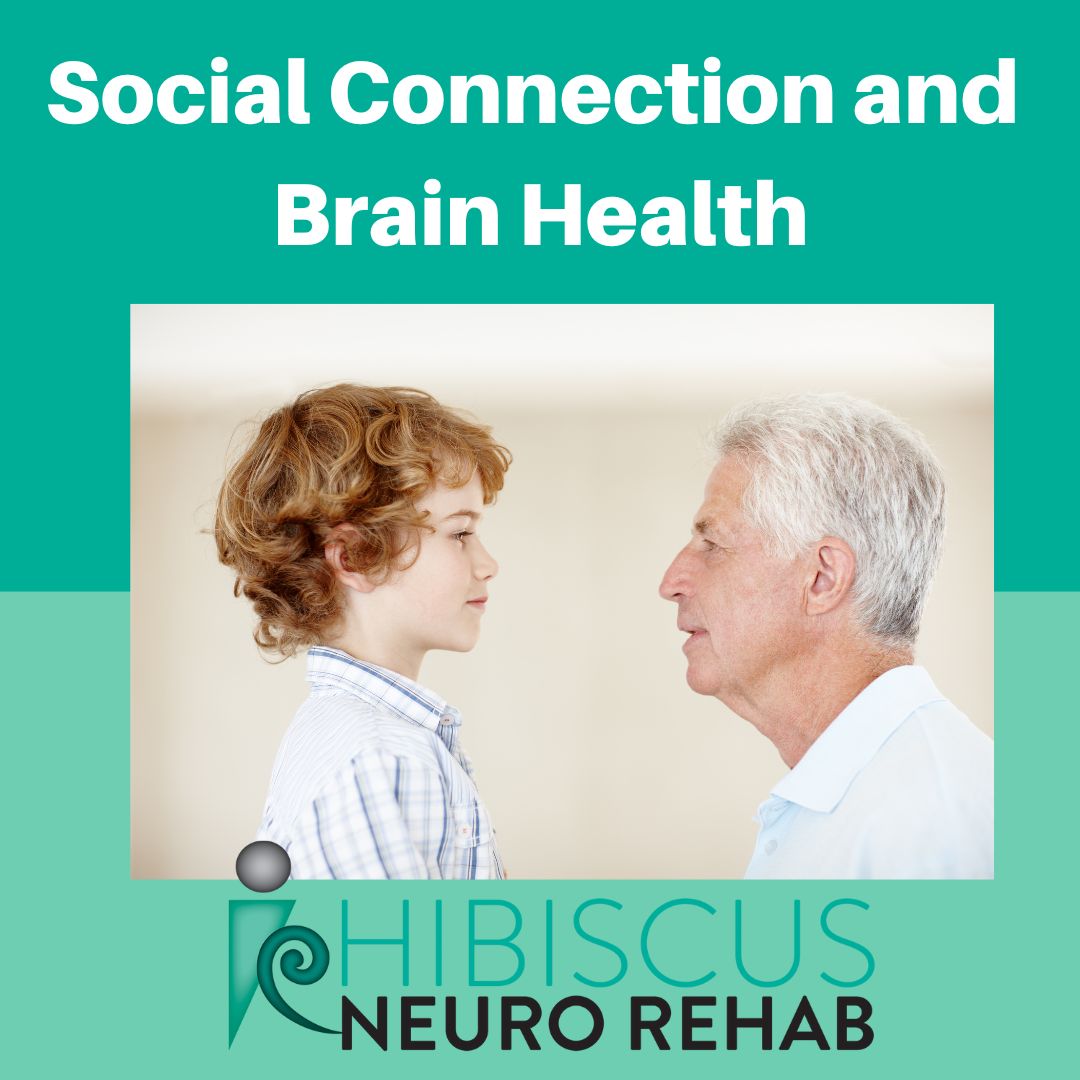

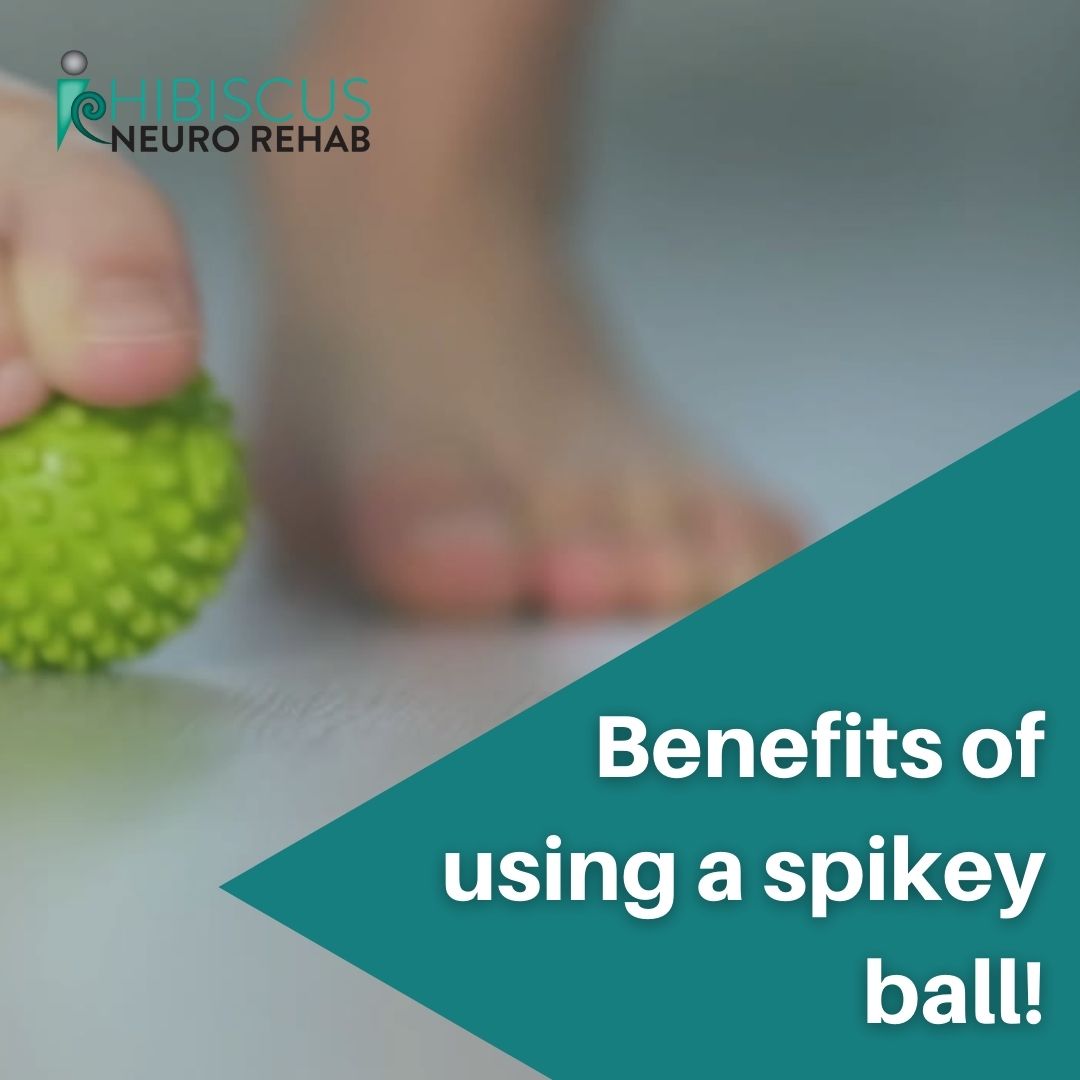
 RSS Feed
RSS Feed
